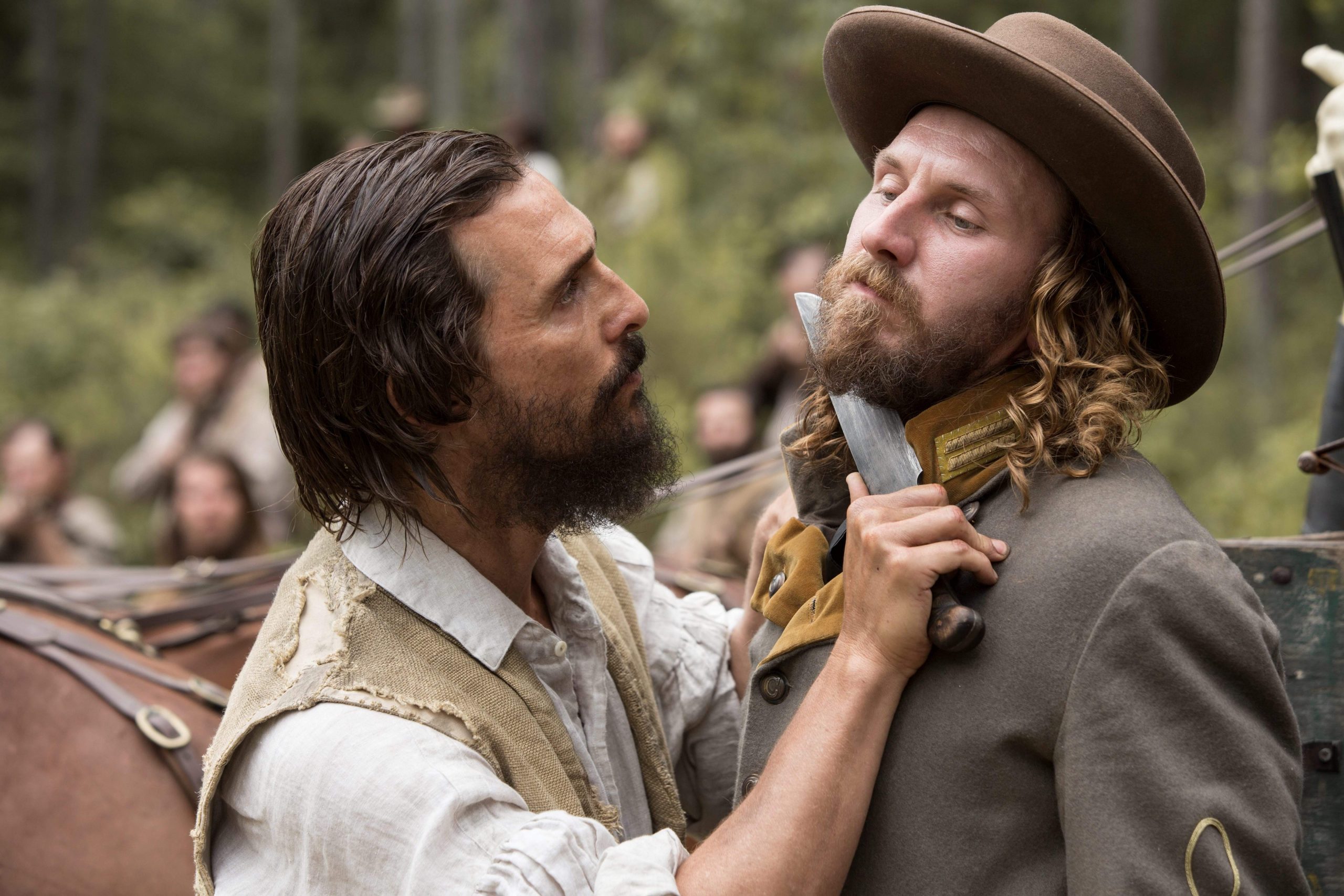Been writing songs in your mom’s basement for a while? It might be time to turn that heartfelt ode to Bernie’s purity into a hit record. Let singer/songwriter Andrew Van Orsdale tell you about his recent foray in the recording studio.
What was the impetus to go into the studio?I’ve been writing songs for six years now and have been kinda working on ’em, learning how to play ’em as I learn how to write ’em, and I’m kinda at a point now where I want to get them down on wax, so to speak. You know, make ’em permanent so in a hundred years they’d be there for someone to listen to.
What surprised you most about the experience?An engineer and a cohort sort of take what you thought would happen and evolve it. It can evolve into something good, which is what happened here, or it can devolve into something bad, and I’m sure that’s why a lot of bands break up or projects don’t really take off, because whatever was in the mind of the songwriter as he got into the studio with his bandmates sort of falls apart. That’s, in large part, why the Beatles broke up. Lennon and McCartney were coming to the studio, and Ringo and George didn’t really share the vision.
How’s about an example?The first song we did, I think I had the beats per minute at 132, and we ended up recording it at something like 160. Getting a drummer in there playing it, you realize, “Oh, maybe I was wrong in my planning.” It’s sort of like that military metaphor about the test of a leader is when the plan fails.
What’s the difference between writing a song and making a record?The priority in writing a song is to have it make sense from another artist’s perspective. The point of the record is to have it make sense to a listener. A songwriter sits at home, nothing’s going to happen to the song until somebody records it and puts it out into the world. Whereas a record, you are making to put out into the world. A song, it’s more about structure and, especially with lyrics, something of value that can spark interest in another artist to then take that song and record it. That’s why the Grammys have Song and Record of the Year. They’re two completely different things.
What was most difficult?Understanding what I wanted for the songs. I put on a new hat, going from a songwriter to a recording artist. I’ve been a songwriter for six years and a recording artist for three days. “OK, how do I turn a song into a record?” I don’t really know how to do that yet. It’s learning as I go. Drawing from influences, from sounds that I like, aesthetic values that I hold to be correct in record-making. Getting collaborators in, because they bring a new perspective to things.
Describe your aesthetic values.People playing instruments is the main thing. Not a lot of edits or overdubs. Once you start piling things on, you distract from the main performance. I like bands. Rock ’n’ roll or even jazz combos. Small collections of people trying to make a song a reality. Brian Wilson – or Dewey Cox in “Walk Hard” wanting a thousand didgeridoos on a record – you’ve lost sight of the song once you want a thousand didgeridoos on it. You’re hiding behind stuff. I want to get down to the essence. Only with essence is there truth [laughs].
What do you walk away with?I don’t know if a record can ever be finished. You might listen to an old record and you’re like, “You know, I think they need to add a french horn there.” Records are very temporal things, whereas a song is a permanent thing. A record might never be finished – even the greatest records, the people who made them go back and think, “You know, the bass is too high,” or “I hit that snare drum a little too hard.” You ask any recording artist 10 years later and they’re sure to want to change something. Humans have been making music for hundreds of years, but we’ve only been recording it for what, a hundred? Who knows if records will continue and it won’t just evolve back to listening to people play around a campfire – or a bar, which is today’s campfire. Records are a creation of the 20th Century, so it’ll be interesting to see where it goes from here. But songs’ll always be. We play songs that were written hundreds of years ago, so I think that the song is the key thing and the record is just a way for the artist to support himself to make more new songs.
Cyle Talley’s dog ate ¾ of a pound of butter this week and it ended predictably poorly. Three words: hot butter barf. You’re welcome. If there’s something you’d like to Get Smart about, email him at: [email protected]













